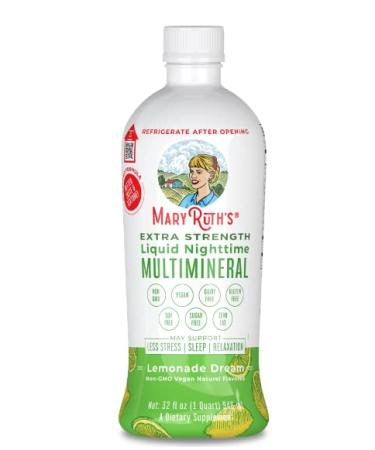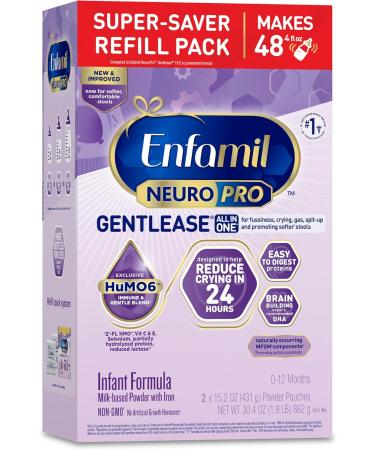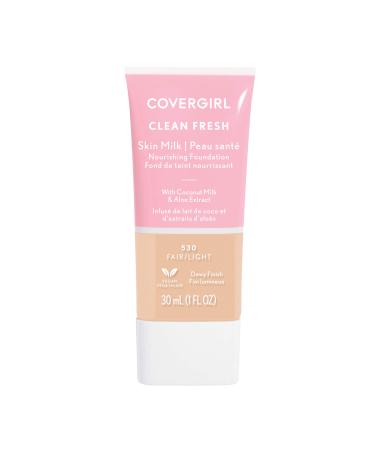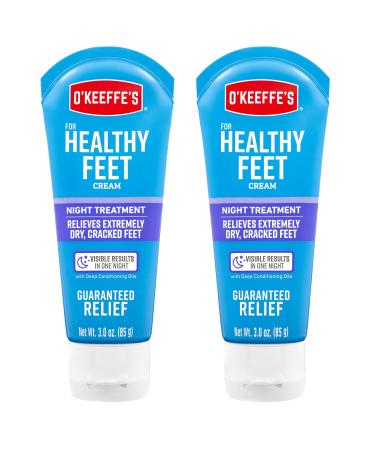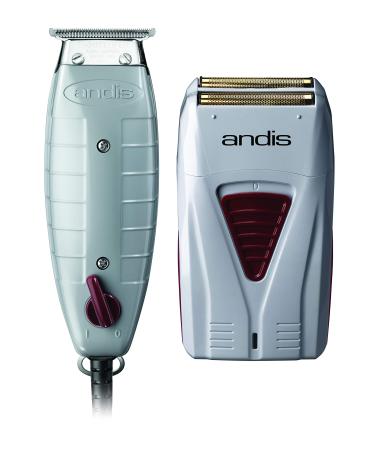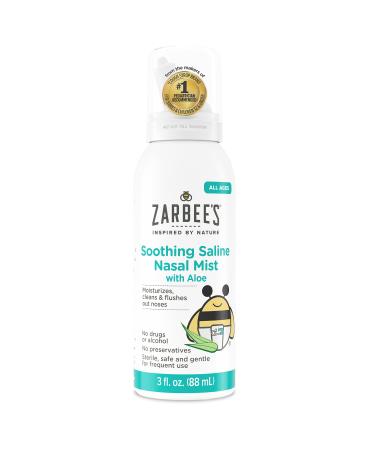. It emphasizes that unprocessed raw honey, which strengthens the immune system with vitamins, minerals, amino acids, and enzymes, is indispensable for children's nutrition and protection against diseases, especially at breakfast.
A successful academic year requires children to be healthy. Many diseases are transmitted to children through close contact and respiratory contact during seasonal transitions. With the reopening of schools, children spend approximately eight hours a day together, and their risk of contracting infectious diseases increases due to close contact with their friends. Furthermore, children's sweating during breaks and the lack of air in classrooms contribute to the proliferation of germs, leading to illness. Children, whose immune systems are weaker than those of adults, need to be careful about their nutrition to strengthen their immune system against illnesses. It is recommended that children eat one teaspoon of unprocessed raw honey every morning, as it strengthens the immune system with vitamins, minerals, enzymes, amino acids, and probiotics, preventing viruses from entering the body.
Raw honey is natural honey offered for consumption as it comes from the hive it has not been pasteurized or filtered. Pasteurization, the process of heating honey to high temperatures, is not actually necessary for honey. It is performed to prevent crystallization. However, honey crystallization is natural and does not need to be prevented.
Pasteurization reduces some enzymes and valuable phenolic and flavonoid components in honey filtration reduces the pollen content in honey.
Because our honey is unpasteurized and unfiltered, its nutritional content is preserved in all its natural form.
One point needs to be emphasized. Since raw honey is not heated to high temperatures and its pollen is not filtered, crystallization can occur naturally. Crystallization of honey is a completely natural phenomenon. There is no harm in consuming crystallized honey.
Since there is no problem with the nectar flow, no supplemental feeding is required. Only enough honey remains to harvest nectar in December and January. Therefore, there is no need to feed it to get its energy throughout the winter.




